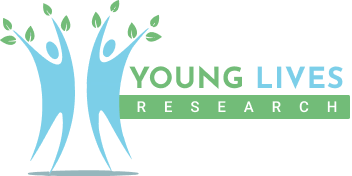Education for Youth Wellbeing in the Americas
This research uses participatory-action research and institutional ethnography to examine how human rights and violence are related and addressed in the institutional practices, structures and relationships in schools crossing colonial and cultural contexts in the Caribbean, Central America, and diaspora populations of Canada.
Led by Dr. Henry Parada of Ryerson University, with funding from the Social Sciences and Humanities Research Council of Canada, this project was designed to work with trusted partners in seeking to increase knowledge of factors that support or hinder the protection of children and youth rights in Central America, the Caribbean, and disproportionately represented populations in Canada. This project features a collaboration of research from universities, government, non-government, and international organizations.
Researchers, participants, and participants’ communities involved in the Rights for Children and Youth Partnership (RCYP) come from seven different countries including Canada, Dominican Republic, El Salvador, Guatemala, Honduras, Jamaica, and Trinidad and Tobago.
Kate Tilleczek is a Co-Applicant for the full Partnership and the Project Lead for the sub-project Education and Youth Wellbeing in the Americas. This sub-project works with each partner country to examine how the systems of education in participant countries help and/or hinder the wellbeing and human rights of the young people they are designed to serve. This institutional ethnography utilizes trusted intercultural, cross-disciplinary relationships to speak directly with youth, parents, and educators at schools and youth groups in these countries. This research employs participatory action research and creates open spaces for speaking, listening and cultural artistic creation to allow the opinions and insights of participants to be shared, and used to inform important policy and practice in moving towards improved education for all. Talking circles, expression through art, and one-on-one interviews allow youth, parents, teachers and administrators to be heard.

